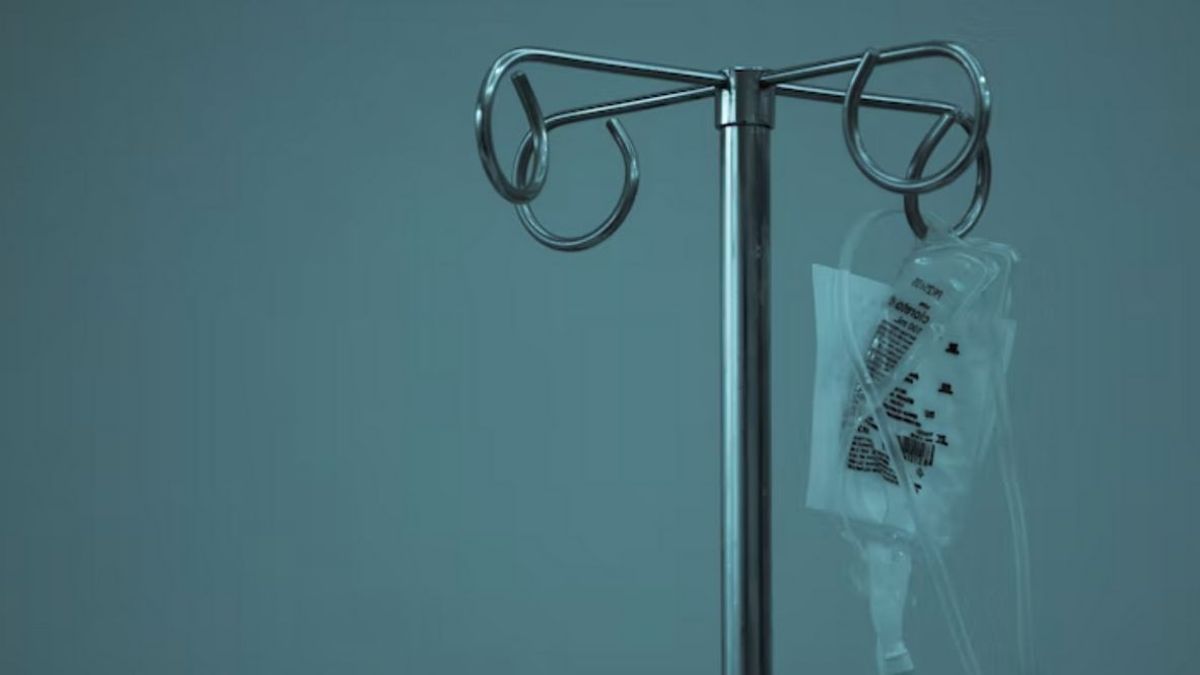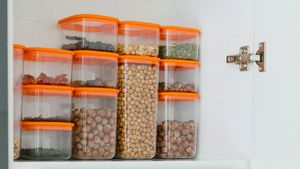JAKARTA - Head of the Surveillance, Epidemiology and Immunization Section of the DKI Jakarta Health Office, Ngabila Salama, suggested that people destroy drugs independently at home with certain conditions.
The drugs in question are sirop and puyer drugs that have been opened from packaging with a certain day limit. This aims to prevent the re-emergence of cases of atypical progressive acute kidney failure (GGAPA).
"Erase all drugs in their respective homes with the provision that the sirop drug has been opened for 35 days, the dried sirop drug that is dissolved is only 14 days, and the puyer drug if it has been opened for 35 days," Ngabila told reporters, Monday, February 13.
The stage of the destruction of the drug in question is, first remove the drug from its original packaging/wadah. Then, mix the drug with something unwanted such as soil, dirt, or used coffee grounds in a closed container. This aims to avoid drug abuse if the drug is disposed of in its original packaging
Next, put the mixture in a closed container, such as a closed plastic bag or fire bag, then throw it in the household trash can.
Then, put on ethics or other personal information on packaging/vapor/bottles/drug tube to protect the patient's identity. Dispose the drug packaging after it is torn or cut.
Next, fill theudous medicine into the water drains after it is diluted. Put the bottle in the trash.
"Low the tube oil/crim first and remove it separately from the cover in the trash. For insulin preparation, remove the insulin needle after it is damaged and in a state of re-installation," said Ngabila.
To eliminate abuse, Ngabila continued, remove all used drug containers in the form of plastic bottles, plastic pots or glass (glasses), and tube. The trick is to remove all labels from the container and cover, damage the container by slicing, slicing, or breaking, and then keeping them in a container covered with plastic bags.
Meanwhile, drugs with a formulation in the formulation of fire or aerosols must be removed or sprayed slowly into the water to prevent drug droplets from entering the air.
"The resulting liquids or solids are dissolved into the water and then dumped into the sewers. The empty watersheds and aerosols should not be perforated, burned or burned because they are easy to explode," he explained.
Furthermore, Ngabila advised the public to avoid consuming mild drugs without instructions from doctors and pharmacists to prevent GGAPA.
To prevent GGAPA's death, if a child experiences a reduction in urinary production or cannot urinate suddenly, immediately refer to a health facility that can provide fomepizole services.
The English, Chinese, Japanese, Arabic, and French versions are automatically generated by the AI. So there may still be inaccuracies in translating, please always see Indonesian as our main language. (system supported by DigitalSiber.id)













